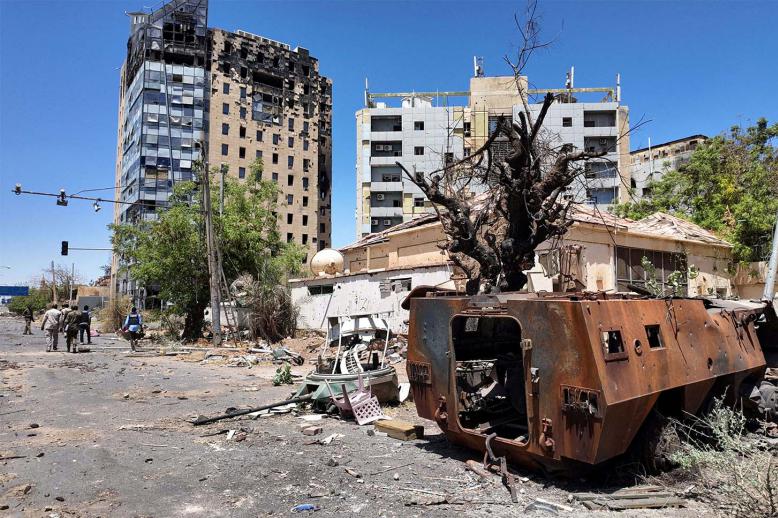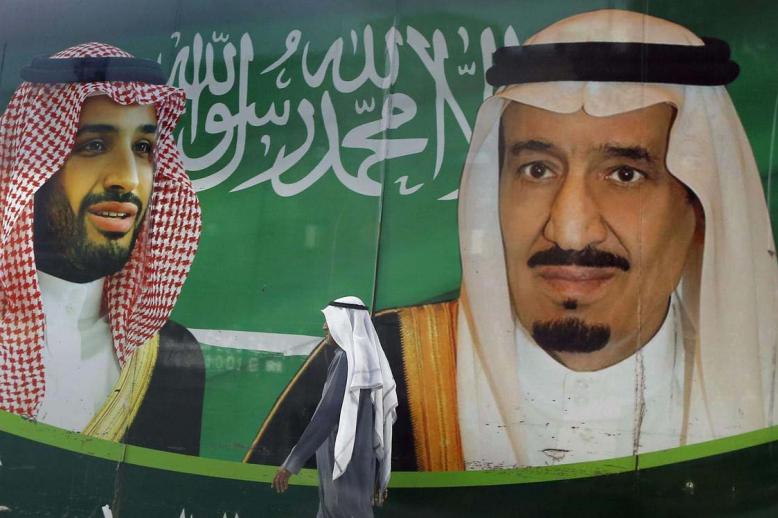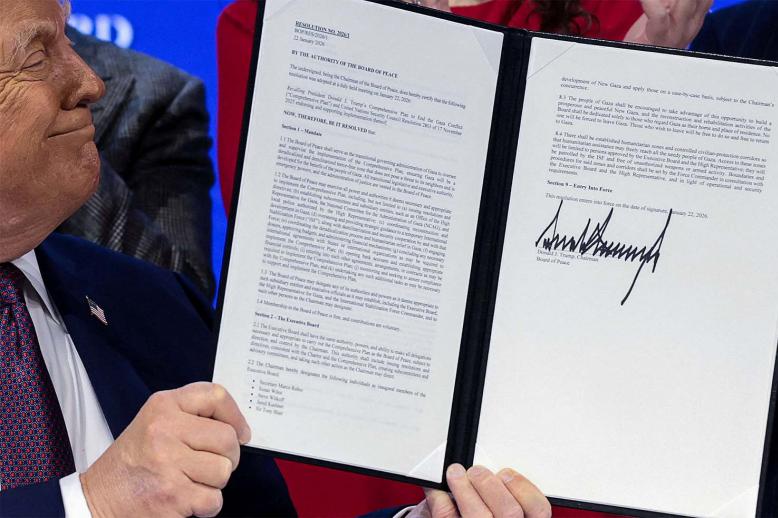Erdogan’s version of democracy is one in which only he wins
Despite Turkish President Recep Tayyip Erdogan’s long-standing insistence that elections in his country have been free and fair, his sudden challenge of the Istanbul mayoral election result calls into question just what the president’s idea of democracy is.
The ruling Justice and Development Party (AKP) has filed an extraordinary appeal seeking a rerun of the Istanbul vote because “events” directly affected its outcome. The Higher Election Board had already rejected the AKP’s appeal of the results throughout Istanbul’s electoral districts.
The opposition Republican People’s Party’s (CHP) Istanbul mayoral candidate Ekrem Imamoglu is believed to have won the coveted race by a margin of approximately 15,000 votes — out of more than 8 million cast — defeating AKP heavyweight, former Prime Minister Binali Yildirim.
Erdogan had said he’d accept whatever outcome the Supreme Electoral Council reached but he has changed his tune and the outcome left Erdogan fuming, claiming the result involved “an element of robbery” and that “there was some theft at the ballot box,” without elaborating on his claims.
The AKP’s response led Imamoglu to label the AKP “bad losers,” adding: “Up until yesterday (April 3), the government and the ruling party were claiming that Turkey had the most credible voting system and they were giving it the highest praise… If there was any suspicious activity, they would record it and make a written report.”
While few independent observers would claim that elections in Turkey are even remotely fair — independent media have largely been wiped out since the failed July 2016 coup attempt, with Erdogan and his minions overwhelmingly dominating print and broadcast outlets — they have, for the most part, been free of direct political interference.
Over the years, election observers from the European Union and the Organisation for Security and Co-operation in Europe have sent representatives to thousands of voting centres to monitor the voting process. While there have been irregular reports of incidents, particularly in more recent polls, the monitors largely returned reporting to have witnessed free election processes. Pointedly, Erdogan had never called into question the veracity of any previous poll — all elections and referendums that he and his party won.
Opposition parties in the past called for recounts and international monitoring groups warned of minor irregularities. Amid the 2017 constitutional referendum as the anti-Erdogan “No” side began to cut into the president’s lead, it was unexpectedly announced that unstamped ballots would be accepted. Having secured a close victory that day, Erdogan immediately brushed aside his opponents’ demands and concerns.
However, his calling for a recount of the Istanbul mayoral vote shows the Turkish public that the president clearly doesn’t see the same laws applying to him and his party as to his rivals.
Perhaps most galling for Erdogan is that Istanbul, the city he led as mayor in the 1990s, a city that he almost single-handedly modernised and that gave him a political career, has turned against him. That’s likely because it has been urban dwellers who are worst affected by crushingly high interest rates and rising unemployment stoked by an economic crisis that emerged last summer.
It presents the AKP and Erdogan with very difficult questions: What does it mean that Imamoglu, a rank outsider with little in the way of a track record, can defeat, even by a close margin, a former prime minister who ran with wall-to-wall media coverage? Without Ankara, which was won by CHP candidate Mansur Yavas, and Istanbul, what does the future hold for the AKP?
Most authoritarian leaders become more vicious as the threat to their grip on power grows. The consequences of Erdogan’s questioning of the electoral process could be dire because it is the only political process in Turkey that maintains any semblance of democratic credence.
Losing Turkey’s economic and political capitals in one fell swoop represents a significant turning point in the country’s modern history. The question on the lips of many Turks is: What lengths will the government go to hang on?
Stephen Starr is an Irish journalist who lived in Syria from 2007 to 2012. He is the author of Revolt in Syria: Eye-Witness to the Uprising (Oxford University Press: 2012).
This article was originally published in The Arab Weekly.







